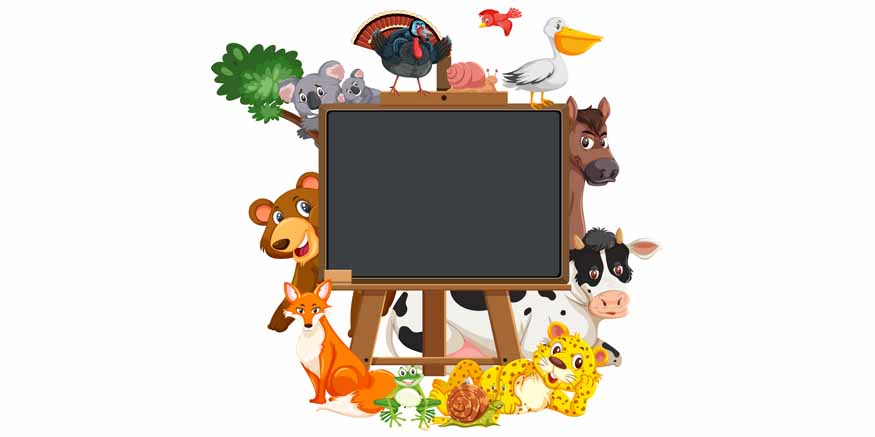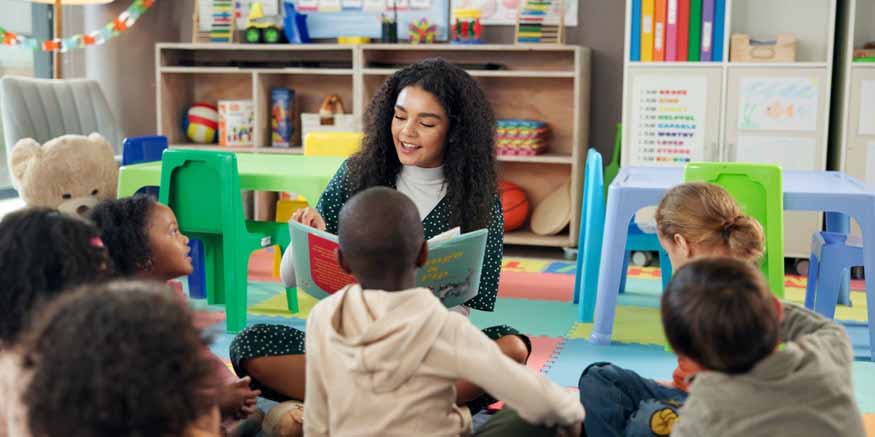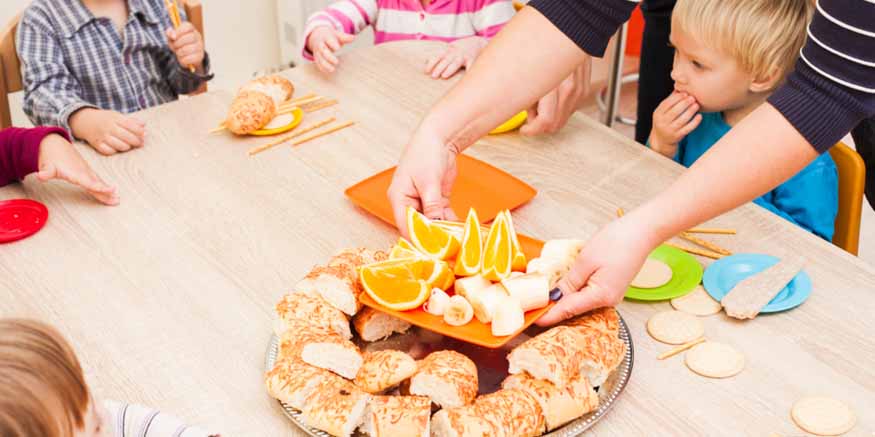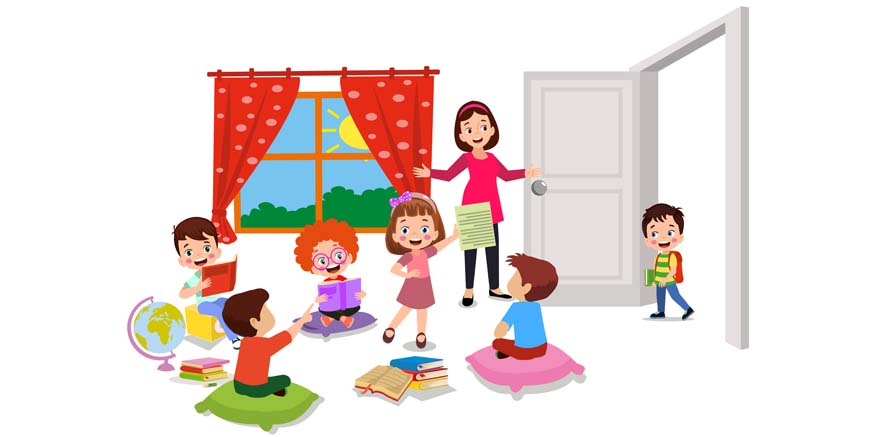Table of Contents
- Understanding Emotional Intelligence in Preschoolers
- The Building Blocks of Emotional Intelligence
- Why Your Preschooler Needs Emotional Intelligence
- Nurturing Emotional Intelligence at Home
As parents, a lot of us focus exclusively on our child’s academic progress, their understanding of ABCs and 123s in school. However, another crucial skill that deserves your attention is emotional intelligence. You may wonder, “What is emotional intelligence, and why does my little one need it?” Do not worry, we will brief you about everything you need.
Understanding Emotional Intelligence in Preschoolers
You may be wondering what is emotional intelligence and what roles does it play in the life of your preschool child. Emotional intelligence is the ability to understand and regulate one’s feelings and those of others. Imagine your child giving toys to others gently instead of grabbing them. Another example of the same is when your child comforts a friend when they are sad. In both these scenarios, emotional intelligence is at work!
Let us look at another example to understand emotional intelligence in everyday situations. It might be your little one saying, “I feel angry” instead of having a temper tantrum or observing when you are tired and giving you a cuddle. These might be seemingly insignificant changes but are very important for a child’s emotional growth.
The Building Blocks of Emotional Intelligence
You might be curious, “What are the components of emotional intelligence that my preschooler needs to develop?” Let us understand the basic components of emotional intelligence through the following :
- Recognition of feelings/emotions: Understanding their feelings and those of others.
- Expression of emotions: Expressing what they feel in healthy ways.
- Relaxation techniques: Acquiring skills to manage emotional states.
- Build friendships: Finding solutions to conflicts with playmates.
- Being empathetic to others: Empathy allows children to understand and share others’ feelings, building healthy relationships.
Example: If a friend feels low, they usually sit alone and appear dull. This might be a sign that they are feeling sad. Understanding this emotion can help your child realise that their friend might require some comfort or company.
Example: If your child gets angry that someone stained the colouring page with the best crayon, instead of throwing a tantrum they can come out and say, “I am upset because that crayon belonged to me and I was using it to colour this page.” This expression helps others to understand their emotions and cause of it.
For example, when your child is overjoyed or irritated, they can be taught to take slow breaths. This helps them cool down before they understand how to express themselves.
Example: When two preschoolers cannot agree on which game to play, they can be taught to switch turns. They can suggest, “Let us play your game now and my game later after snack time.” This helps preschoolers figure out a solution that both like.
Example: If a classmate is crying because they miss their parents, your child can say, “It is okay to miss your parents. Do you want to draw this picture for them?” This is an act of empathy.
Why Does Your Preschooler Need Emotional Intelligence?
You might think, “Why is emotional intelligence important for students, especially my preschooler?” Here are three reasons why it matters:
- Smoother playdates: Children with emotional intelligence find it easier to make friends.
- Better behaviour: Children with emotional intelligence can reason better and manage their emotions.
- School readiness: Emotional intelligence helps preschoolers adapt to the school environment easily.
Emotional intelligence skills positively lead to academic success, improved psychological well-being, and job performance in the future. By nurturing emotional intelligence at a young age, you are preparing your child for lifelong benefits!
Nurturing Emotional Intelligence at Home
If you have the big question, “How to improve emotional intelligence in my preschooler at home?” here are some simple yet fun activities:
- Emotion Charades:
- Storytime Feelings:
- Feeling Faces:
- Green Corner:
- Emotion Check-Ins:
- Praise Emotional Growth:
How to improve emotional intelligence through games? Enact various emotions and ask your children to identify them. You can play this game regularly to improve emotional intelligence in kids.
If you are wondering how to improve emotional intelligence through books, then we have a very simple idea. During storytime, ask your child’s opinion on how the characters feel. Select stories where characters display various emotions.
Draw various expressions on paper plates. Ask your child to speak about the emotion. You can also use prompts to discuss emotions with your child.
If you are wondering how to improve emotional intelligence, then we have some interesting ideas. You can introduce your children to plants and animals and help them be sensitive to their needs.
Always check how your child feels. How to improve emotional intelligence through dialogue? Make it a natural part of your daily routine, like at dinner or bedtime.
How to improve emotional intelligence through motivation? Notice when your child deals with a difficult emotion. Be specific in your praise.
The process of improving emotional intelligence is ongoing. Take time to celebrate small victories along the journey!
When nurturing emotional intelligence in your preschooler, it is not about raising experts who are skilled in feelings. It is about giving them techniques to learn to deal with feelings and interactions. Knowing what emotional intelligence is, the ability to identify its components, and carrying out enjoyable emotionally oriented activities are some of the ways to build emotional intelligence in kids.
At Mother’s Pet Kindergarten, we stand with you in developing your child’s emotional well-being. We have special activities that help your child learn about emotions at school and at home, which helps them flourish.
Remember that each child is different and learns emotional intelligence at their own pace. As parents, you can support their development by creating a home environment where your child feels comfortable sharing their thoughts. Moreover, by enrolling them with us, you are paving the way for emotionally smart children who are bound to be successful in the future.













Recent Comments